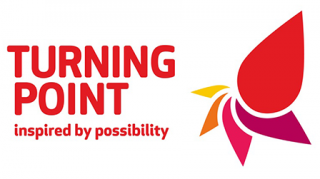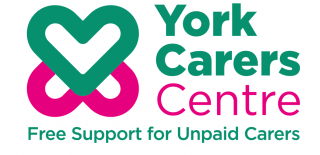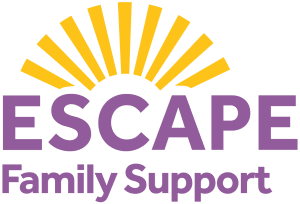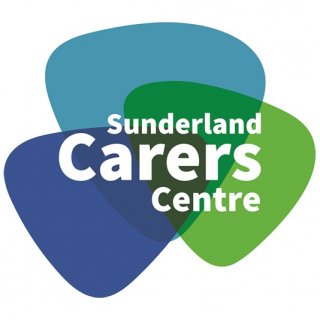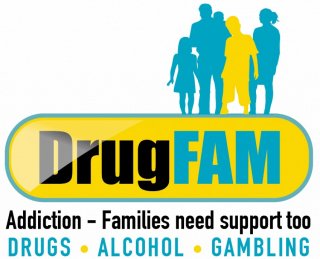A joint response to the UK Government’s Drug Strategy: From harm to hope: A 10-year drugs plan to cut crime and save lives – December 2021
The Government’s Drug Strategy presents an exciting opportunity to reinvigorate the drug treatment and recovery system across the UK, boosting its capacity and capability to support society’s most vulnerable by injecting much needed investment, whilst carrying out the recommendations from Dame Carol Black’s Review of Drugs.
In order to fulfil the ambitions of the drug strategy, to inspire hope and change lives by delivering a world-class treatment and recovery system, we must invest in families.
As alluded to in the quote, drug use affects families and it is essential they are supported. The benefits of properly funded, targeted family support extend to both to the person affected by drug dependency, to enhance their chances of achieving and maintaining recovery, but also to family members themselves, to fulfil their own support needs and improve their wellbeing.
The commitment to carry out £900m investment over three years, of which £780m will be used for treatment and recovery and £533m specifically to support local authority commissioned substance misuse treatment services, in addition to the current annual public health grant of £670m per year, is warmly welcomed.
This will provide local authority commissioners the flexibility they need to commission a wide range of support, including family support. Over the course of the previous decade, with frontline substance use services experiencing considerable funding constraints, family support has often been one of the first features to be cut, ensuing a major knock-on effect to the families in need of support. With the additional funding available, we would encourage local authority commissioners to recognise the value of family support, earmarking it with the investment it needs.
This support should take many forms with a range of methods and approaches offered to provide families a person-centred response, suitable to their own specific needs. Furthermore, the creation of new commissioning standards to drive consistency and transparency is an excellent opportunity to ensure family support is consistently offered across the UK, ending the postcode lottery for families in need of support.
Also welcome is the commitment to rebuild the sector’s health professional workforce and improve the level of skill and training amongst substance use teams and other frontline professionals. Training to understand and respond to the needs of families affected by substance use is an important and effective way of ensuring the needs of families are recognised and acted upon by the many professionals whose work brings them into contact with families. This should be included at the heart of any programme of workforce development.
Furthermore, the introduction of the Centre for Addiction, a network for everyone working within substance misuse services is a positive move to improve collaboration and partnership working across different fields relating to substance use, and we would encourage the inclusion of family support workers and services within this network too.
Measures to drive down drug-related deaths through the provision of harm-reduction initiatives including the roll-out of naloxone and buprenorphine will benefit families too. For every life lost to drugs, there will be many family members and friends having to come to terms with the loss of their loved one, and we hope this focus will help reduce the number of families experiencing a bereavement as a result of drug use.
Further commitments to expand the provision of Family Hubs across the country and invest in the Supporting Families Programme we hope will provide further opportunities to widen families’ access to services and make it easier to link families with professionals and services, recognising the interface between substance use and other interconnected issues. We hope many families impacted by the substance use of a loved one will benefit from these initiatives.
However, despite the strong commitment to take action on the many challenges surrounding drug dependency in the UK, it is disappointing that alcohol continues to be overlooked as part of a government response, despite bringing about many similar challenges to drug dependency. Adfam estimates that 4 million adults in GB are currently negatively affected by the drinking of a family member or friend. Urgent action is needed to help these 4 million families to overcome the challenges related to drinking, and we call for the Government to commission an alcohol strategy, taking as strong action as they have with the drugs strategy.
Furthermore, more needs to be done to challenge the stigma that people affected by drug dependency and their families so often experience. Stigma can be isolating for families and prevent them from speaking out about their experiences and accessing support. We endorse the call for ‘person first’ language to be used when referring to people affected in this way in public policy, to ensure that the media and wider public understand how people and their families can be impacted by these issues and take a more empathetic view rather than one of judgement and contempt.
This response is endorsed by the following organisations supporting families:
Adfam, Family Support Link, Phoenix Futures, Turning Point, NHS Addictions Provider Alliance, Inclusion, Jo Huey, York Carers Centre, ESCAPE Family Support, Sunderland Carers Centre, DrugFAM, Aquarius, Footsteps 2000



